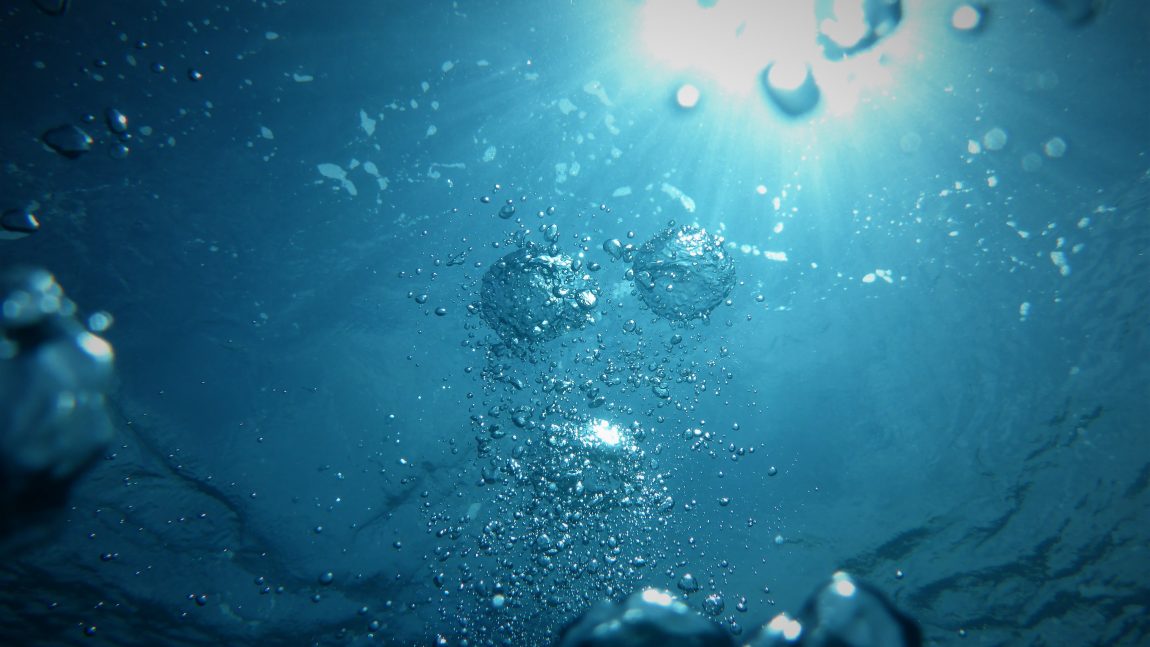22 March is World Water Day – a globally recognised event focusing on the importance of freshwater for all.
Why? An estimated 780 million people – 11% of the world’s population – still lack access to clean drinking water. By 2025, two-thirds of the world’s population may face water shortages.
With the extraordinary impact of the spread of Coronavirus being felt throughout the world, it can be difficult to focus on anything else. However, amongst the many impacts of the virus and the measures being taken to contain it, the current pandemic has further emphasised how all our actions and behaviours are interlinked, and how it is only by working together that we will be able to tackle global issues – whether that be reducing the spread of a virus or tackling climate change. The need to protect our planet will not disappear.
The theme of World Water Day 2020 is water and climate change – and how the two are inextricably linked. Using water more efficiently will reduce greenhouse gases – and adapting our water use to the changing climate will help to lessen the impact of floods, droughts, scarcity and pollution.
World Water Day links it’s efforts to supporting the achievement of Sustainable Development Goal 6 – water and sanitation for all by 2030 – and highlights how both individuals and businesses can contribute to that.
In short – we all need to save water! At present we are washing our hands more and for longer than ever. But we can make savings in other areas – both in our everyday lives and in our hospitality businesses over the longer term.
Here some easy steps you can take to reduce your water use:
Take shorter showers – reducing your shower time by only one minute can save up to 10 litres of water!!!. Most of us don’t realise how long we spend under the shower – using egg timers could be an option at home. And there are some new and developing technologies, which use ‘nudge’ theory to encourage people to shorten their showers. Aguardio discreetly times and encourages us not to stay too long, and Hydrao have colour-changing showerheads working on a similar principle.
Flush the toilet less! Every flush uses between 4 – 13 litres – depending on the type of toilets installed. Not flushing excessively (which commonly occurs while cleaning) can, therefore, make a big difference. Replacing older toilets with Dual Flush or other High Efficiency Toilets can save up to 9 litres per flush!
Use full loads in both dishwashers and washing machines – doing fewer washes saves energy as well as water
Fix or report dripping taps and any leaks. Did you know that a dripping tap, losing just two drips a second, wastes up to 26 litres of water a day?
Re-use rainwater or waste water. There are a range of ways to collect and use wastewater – what works for you at home or in your business will depend on budget, space and logistics. Water butts are a cost-effective and easy-to-implement option – best placed under downpipes to collect rainwater from gutters, which can then be used for watering gardens and washing vehicles or external surfaces. Hotels could benefit from looking at Greywater systems – whereby water already used in baths, showers and sinks is recycled for use elsewhere in the building where water does not need to be drinkable – for example, flushing toilets.
Track your water usage. Being aware of our consumption can have a huge impact in changing our behaviours. You may consider a water meter at home to enable you to see the impact of your actions. For hospitality businesses, consider tracking your water consumption by occupied room or food covers to more easily highlight areas for improvement. Our Con-Serve™ data management platform is already helping some hotels track and reduce their water usage. For anyone interested in using this time of lower business levels to think about making changes, our team is very happy to help and give further advice.
We are being encouraged to adapt our lifestyles to what may often seem like a very unreal threat. But if we can do this under the current circumstances – can we not also do it to conserve our resources and fight climate change?



